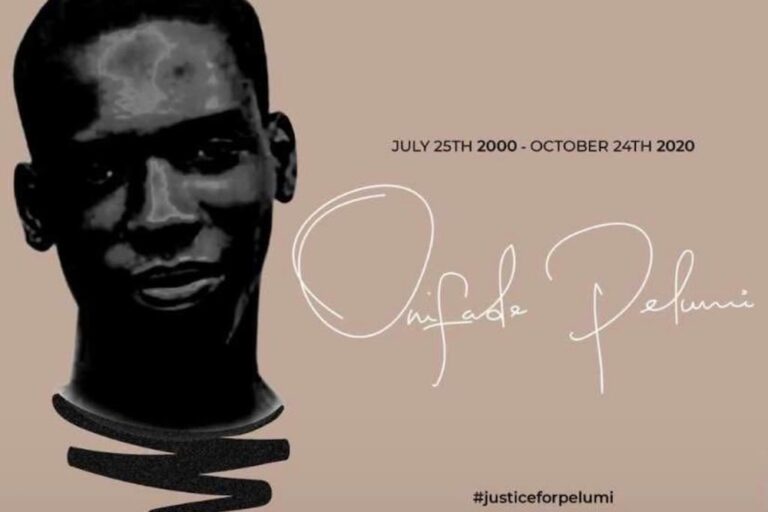Participants at two pilot workshops organised by ARTICLE 19, in partnership with the Center for the Right to Health (CRH) and Media Rights Agenda (MRA), have adopted strategies promoting the right of access to information in health matters in two Nigerian states: Enugu and Lagos. (ARTICLE 19/IFEX) – 30 April 2009 – Nigeria: Promoting Access […]
Participants at two pilot workshops organised by ARTICLE 19, in partnership with the Center for the Right to Health (CRH) and Media Rights Agenda (MRA), have adopted strategies promoting the right of access to information in health matters in two Nigerian states: Enugu and Lagos.
(ARTICLE 19/IFEX) – 30 April 2009 – Nigeria: Promoting Access to Information and the Right to Health
Participants at two pilot workshops organised by ARTICLE 19, in partnership with the Center for the Right to Health (CRH) and Media Rights Agenda (MRA), have adopted strategies promoting the right of access to information in health matters in two Nigerian states: Enugu and Lagos.
In the absence of a comprehensive freedom of information law in Nigeria, the workshops raised awareness about access to information provisions in existing laws, regulations and policy documents, including health budgets, and their potential for ensuring access to government-held information. The workshops focused particularly on access to health information in Nigeria.
Although Nigeria is one of the wealthiest countries in Africa, due largely to its enormous oil reserves and other natural resources, quality health care is sporadic and health infrastructure is poor in many regions.
Workshop participants discussed ways to use transparency provisions in existing state laws, regulations and policy documents, including health care budgets, gender equity and HIV/AIDS policies, to push for greater access to information and better delivery of health care services to Nigerian citizens.
“Through this programme, we will highlight and use relevant policies in Nigeria to advance transparency and efficiency in the health sector in Lagos and Enugu States,” says Fatou Jagne-Senghore, ARTICLE 19 Africa Programme Officer. “This highlights discrepancies between policies and practice, with a view to improving the current health care system.”
Participants to the April workshops in Lagos and Enugu included medical professionals, media practitioners and civil society organisations in health and related sectors. It was a unique opportunity to bring different interest groups, all working in health and related fields, together to explore the benefits of accessible health information and to demystify the campaign on improved access to information.
Participants also agreed to reinvigorate the campaign for comprehensive national freedom of information legislation, with accompanying advocacy to empower citizens at state level with practical mechanisms to obtain information from health authorities.
“Our access to information campaign in Nigeria has faced lots of resistance from public officials over the past ten years, so we need to engage citizens more to show the intrinsic link between access to information and other socio-economic rights such as the right to health care,” says Edetaen Ojo, Executive Director of MRA, a leading NGO campaigning for freedom of information in the country.
Before the workshops, a scoping exercise identified, tracked and collated access to information laws, regulations and policy documents in the two states. These findings will be disseminated to a wide range of civil society actors who will also be trained to use the provisions to demand information from public authorities and health institutions.
Workshop participants further suggested the use of traditional means of communication such as theatre, recitals and comic strips, to popularise access to information and that advocacy and campaign material be produced in more accessible formats, such as by simplifying them, translation into local languages and using audio packages, leaflets, posters, etc. They adopted a plan of action for giving effect to these strategies.


